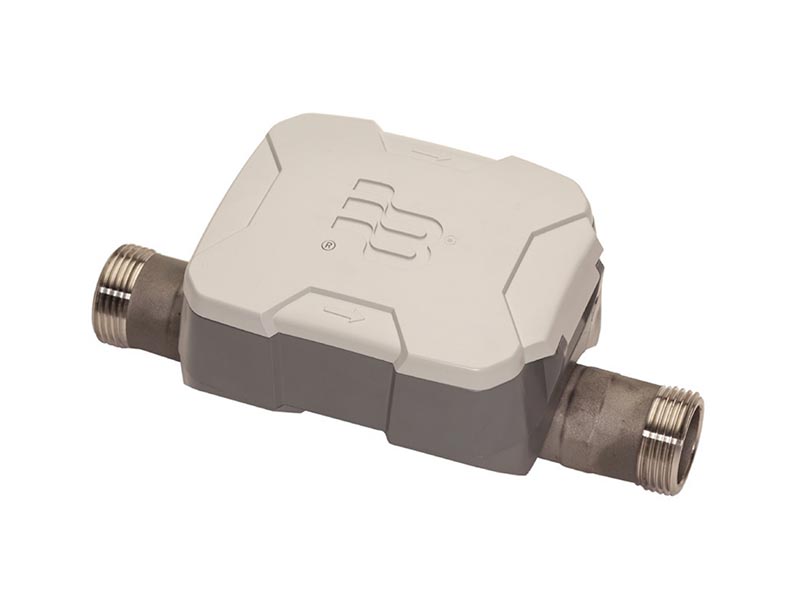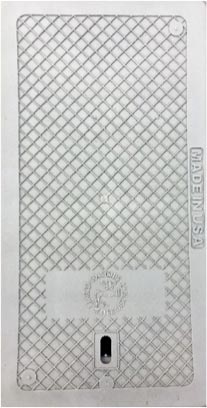Your Water Meter
Coastside County Water District has invested in advanced metering infrastructure.
What is advanced metering infrastructure (AMI)?
The District installed the Aclara Fixed Network AMI STAR® System. The component attached to the water meter is called the meter transmission unit (MTU) and this radio unit transmits hourly meter readings every six hours to a data collection unit (DCU). From the DCU, the meter readings are transmitted to a database from which the District can access the meter readings and import them into our utility billing database.
Why is the District installing AMI?
- Automated Meter Reading
The AMI system provides the District with automated meter reads for our customers throughout the service area. It also provides the District with hourly meter readings which will assist the District in contacting more customers with high water usage. - Reduced Water Use
As the cost of drinking water increases, due to water quality regulations and capital improvements, advanced metering infrastructure provides additional tools to assist customers to understand and reduce their water usage. - Increased Data
New and developing water use efficiency (conservation) regulations imposed on the District requires more data to determine how to meet mandated water use targets and goals. - Increased Meter Longevity
With the District’s excellent water quality, the average life of a residential meter is approximately 15 to 20 years. The average age of our residential meters is over 20 years and require replacement. Larger meters serving commercial facilities will often have a significantly shorter useful life. The new meter transmission units have a 20 year life, similar or longer to the water meters.
How you can help?
![]() Clear obstructions, including bushes and fencing, away from meters
Clear obstructions, including bushes and fencing, away from meters
![]() Move vehicles, so they do not block access to meters
Move vehicles, so they do not block access to meters


Security
Meter readings are encrypted and sent to a data collector unit using a private licensed radio frequency channel. From the data collector unit, a cellular data network is used to send the readings to a central server. The meter readings are then pulled from the server into the District’s utility billing database over a secure network. The advanced metering system only transmits meter reads, meter identification numbers, and diagnostic information about the meter and the meter transmission unit. The advanced metering system does not transmit any personal customer information.
Safety
The radio signal (RF) used to transmit data from the meter to the data collector unit is much weaker than those used by many household devices. The meter transmission units deployed by the District use a Federal Communications Commission (FCC) licensed 450 to 470 MHz radio frequency. Laptops, cell phones and wireless routers all emit more energy than the meter transmission unit. Additional factors that limit exposure are that the meter transmission unit sends one signal every four hours and each transmission lasts less than one second. The meters are also located near the street and away from dwellings. Visit the Federal Communications Commission’s website for addition information and resources on exposure to radio frequency.